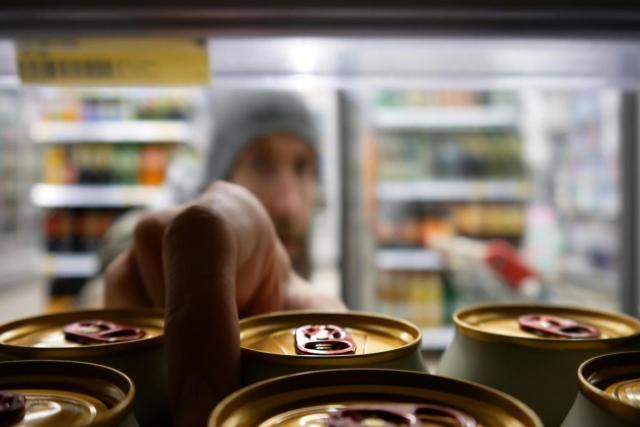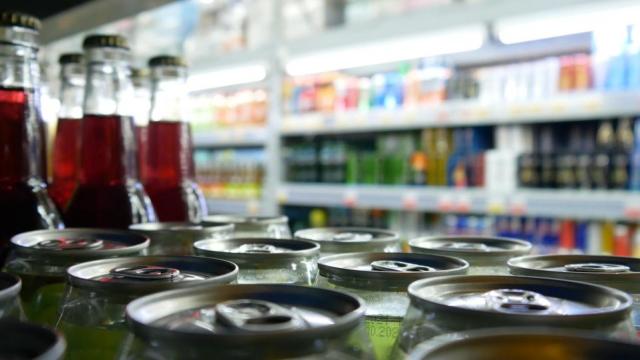Energy drinks, even a few cans a week, may cause sleeplessness, according to a recent study. The study found that daily energy drinkers aged 18–35 slept about 30 minutes less than occasional or non-consumers. According to research, energy drink consumption reduces nocturnal sleep hours, causing daytime fatigue.

Photo from Yahoo
New Study Links Energy Drinks to Bedtime Challenges – Men 60% More Likely to Wake, Women 24% Increase in Nighttime Disturbances
Men who had two or three energy drinks weekly were 35% more likely to go to bed after midnight, 52% more likely to sleep less than six hours, and 60% more likely to wake up throughout the night than those who rarely or never did. For women, bedtimes increased by 20% after midnight, sleep durations of fewer than six hours by 58%, and nighttime wakings by 24%.
Energy drinks are heavy in caffeine and sugar, which disrupt sleep. A previous study suggested banning energy drink sales to children and youth in the UK because of links to anxiety, tension, and suicide ideation.
The current findings add to these worries. The British Soft Drinks Association stressed that the study is observational and does not prove causation.
READ ALSO: Clear Connection: Smoking Confirmed As Leading Cause Of Lung Cancer
Energy Drinks’ Impact on Youth – Calls for Awareness and Regulations
The UK government has explored banning energy drink sales to under-16s, and several major shops have voluntarily introduced limitations. The current BMJ Open study asked 53,266 Norwegian students about energy drinks and sleep habits. The definition of insomnia included difficulty falling and staying asleep, waking early at least three nights a week, and daytime weariness for at least three days a week for at least three months.
As concerns about energy drinks’ health effects grow, the study highlights their potential effects on sleep quality, particularly in young individuals. The appeal for awareness and regulatory measures addresses the potential negative impact of these widely consumed beverages on youth well-being.
READ ALSO: Urgent Call For Missed MMR Vaccines As Measles

















































